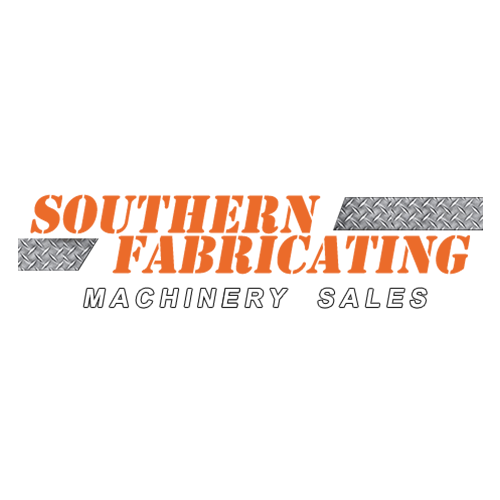
Posted By: Southern Fabricating Machinery Sales | Posted On: August 5, 2020
Why Preventative Machinery Maintenance is Essential
Manufacturing companies and fabrication shops depend on a wide range of machines to deliver premium-quality products. And although these pieces of equipment are created to be robust and durable, they still need to be frequently and carefully maintained to improve efficiency, safety, and longevity as well as avoid unexpected downtime. Not giving your equipment much thought when it is just working fine and only reacting when a mishap happens can see you waste money that could be spent in any other area in your business. Therefore, manufacturers must make machine maintenance a priority if they want to keep production at optimal levels in their shops or companies.
What is Machine Maintenance?
Machine maintenance is the task and work done to keep mechanical assets in a manufacturing plant running optimally. It involves things such as routine checks, regular servicing, repair, lubricating and oiling of moving parts and replacement of defunct and worn-out parts. Different manufacturing companies approach maintenance differently, with some doing it proactively while the others handle it reactively.
Types of Machine Maintenance
Generally, most fabrication shops and companies employ two types of maintenance strategies. These include
- Reactive/Restorative Maintenance
This is a type of maintenance that follows the motto that “it won’t be fixed unless it is broken or non-functional.” Although this type of machinery maintenance can save you a significant amount of money in the short run, it may cost you a fortune in the long run. An ounce of prevention can prevent a pound of pain later!
- Preventative/Preventive Maintenance
Unlike the former, preventative maintenance is a carefully and effectively designed maintenance plan or program that involves several consistent practices performed routinely intending to avoid catastrophic failures down the line. It aims at detecting small problems before they graduate into significant damages that can cause unnecessary downtime. Since preventative maintenance can be costly and time-consuming, a debate has ensued on whether it is worth investing in it. If you have the same questions, here is why we believe that preventative maintenance is imperative.
Why is Preventative Machinery Maintenance Essential?
Improved Safety
Poorly maintained machines are likely to create hazards that may lead to unsafe working conditions for employees. However, with a preventative maintenance program in place, the equipment can be monitored closely to catch possible issues before causing any harm.
Cost Saving
Unplanned downtime because of mechanical failure can cause a company to lose a significant amount of revenue due to a halt in production. Additionally, failure to take a proactive approach can lead to more devastating problems that can force you to spend a fortune on repairs or a total overhaul. However, with a preventative maintenance program, companies can schedule maintenance tasks that can prevent major problems that may lead to equipment downtime. Regular maintenance also reduces reworks, product rejects, and scrap, which may lead to more aggregated costs.
Maximizes Efficiency
A carefully designed program can help you develop a solid maintenance plan that may see practices such as inspection, fluid changes, and part replacement performed in due time. With proper and regular routine maintenance, manufacturers and fabricators can make sure that their pieces of equipment experience degrade gradually rather than immediately. Keeping your machine in pristine condition ensures that it runs more efficiently. This helps you save on energy costs, increasing its uptime and enhancing production.
Extended Equipment Life
Preventative maintenance programs can help improve the longevity and performance of your machinery. As equipment ages, they become more susceptible to unscheduled downtime and wear and tear. However, regular maintenance ensures that your piece of machinery is in the best condition, prolonging its longevity and enhancing its performance.
Improved Reliability
Preventative maintenance helps a company keep its machines at peak performance, ensuring that customers’ orders are delivered in a timely fashion. If your company is experiencing constant downtime due to equipment failure, it loses its credibility as customers can't count on them to deliver materials, products, and services on time. When a company delivers the required products or services on time, it enhances its customer service and builds a brand that can be trusted.






